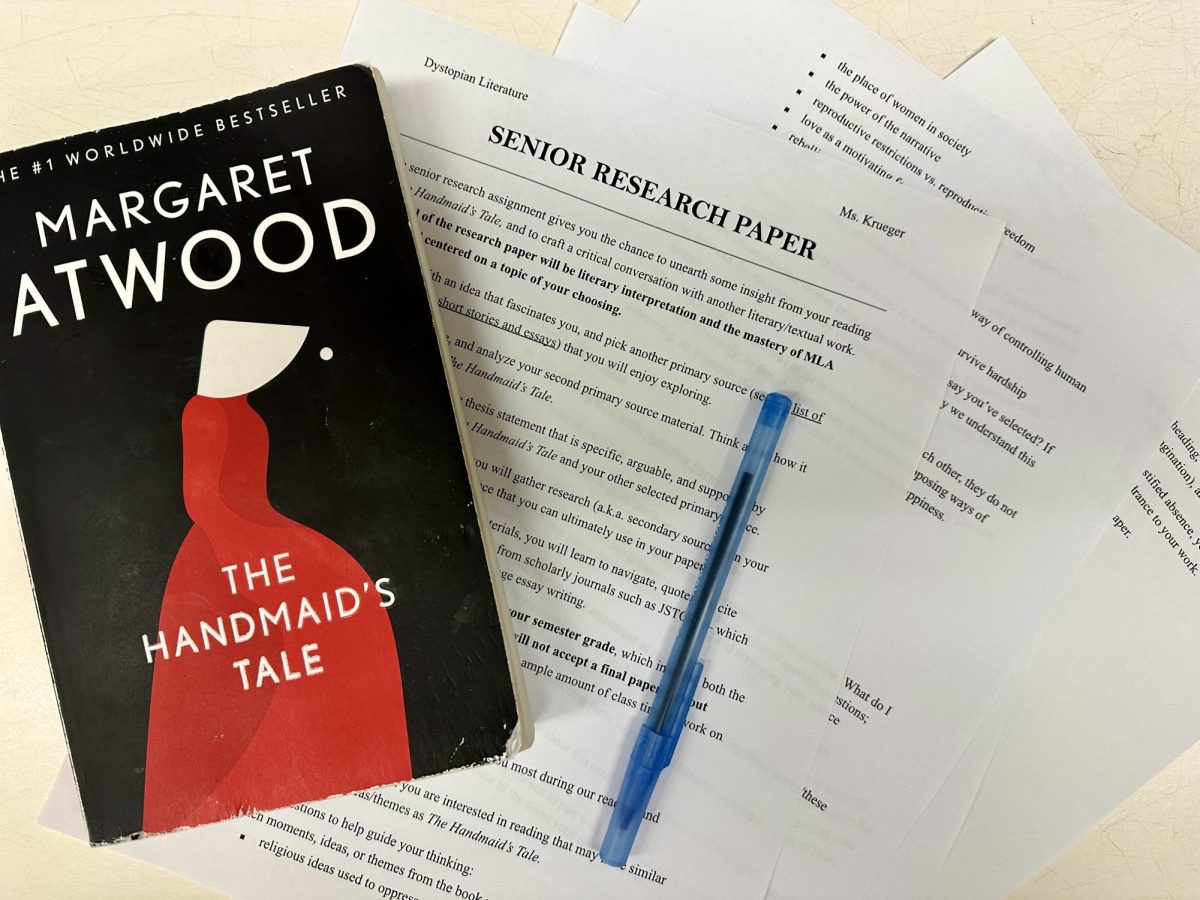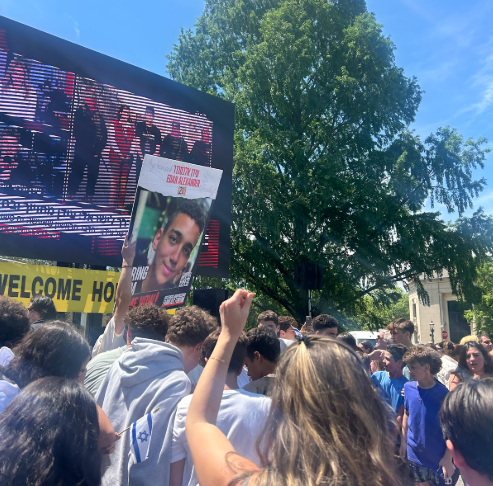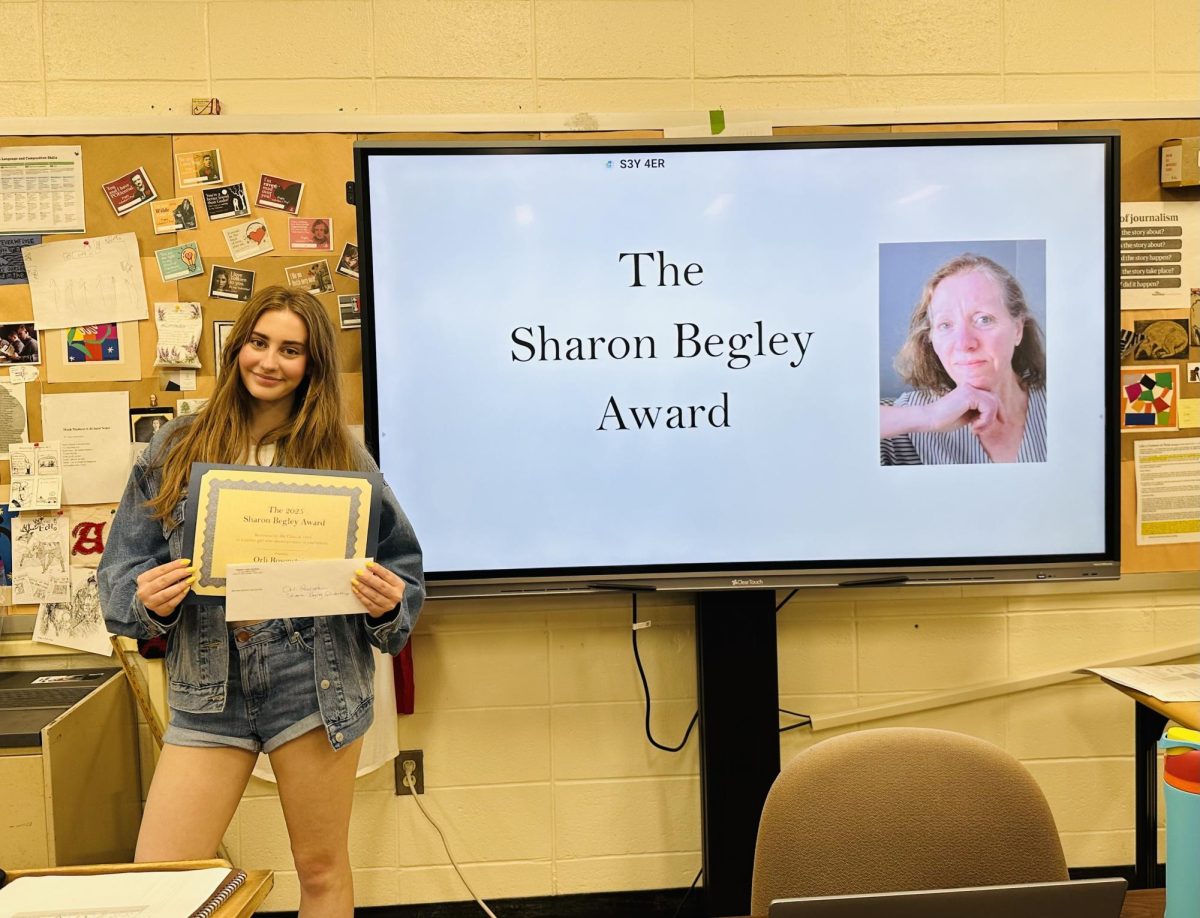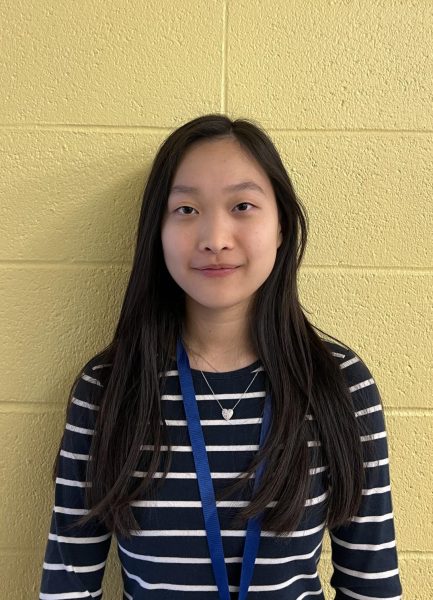Reading is something like the American Dream in the acclaimed novel, The Great Gatsby by F. Scott Fitzgerald. Just like how there is no perfect route to achieve the American Dream, there is no perfect, quintessential way to read. Reading cannot neither be defined as one specific thing, nor is there a particular way to do it. Words are simply just black markings on a page, but reading is decoding the lines that we see on the blank page and turning it into something of your own. Throughout the first semester, the seniors in Ms. Krueger’s course Dystopian Literature/Short Story most definitely succeeded in uncovering the hidden truths and realities depicted within the dystopian novel The Handmaid’s Tale by Margaret Atwood.
On one chilly November day in Krueger’s class, the seniors received an assignment in which they would have to delve deeper into a select piece of literature and analyze it to its very core. The assignment was to choose a second text other than The Handmaid’s Tale and contrast the two texts on a topic chosen by the students. The paper involved students crafting a critical conversation regarding two texts that wouldn’t normally be considered similar. The second selected piece of literature, other than The Handmaid’s Tale, gave the students some creativity in the process as it could have been from any genre, such as songs, poems, novels, and so on. The topics of the writing assignment ranged anywhere from gender inequality to the different techniques of writing, signifying the diversity of the produced student writing.
The assignment involved six crucial stepping stones: deciding what to write about, writing a thesis, crafting an outline, finding textual evidence through a variety of sources, writing the rough draft, and finally, writing the paper itself. “Although the process was long, it helped me stay organized and know exactly what I wanted to put in my essay,” Leah Yechezkell (’24), a senior taking Dystopian Lit., said when asked about the writing process. Through this assignment, students improved on both the analytical and mechanical aspects of literature, influencing their critical thinking, analytical skills, consulting scholarly articles, and MLA formatting.
As the seniors wrapped up their respective papers a few weeks ago, the new semester opened up new assignments to look forward to, such as preparing and presenting analytical presentations on an assigned short story alongside group members. Dystopian Lit. takes up one semester of the year and short stories takes up the other, giving room to work on students’ researching skills in the first semester and analysis in the next.
The course, Dystopian Lit, serves as a connection from literature to real life. The person behind conjuring up this intricate assignment is Ms. Krueger, one teacher of the Dystopian Lit/Short Story course and AP English Language and Composition. Ms. Krueger explained how dystopian literature can serve as a lens to examine real life. “Reading dystopian literature prompts us to reflect on how we as individuals might make decisions now and how they affect later in life,” she explained. “Since seniors are on the precipice of the next chapter in life, I think it’s especially important for them to think how the choices they make now as seniors can have a lasting impact on them and also those in their world.”
Students appear to agree. “I think that Dystopian Literature is a really creative way to examine real world problems,” another student in Dystopian Lit., Odelia Abergel (’24) said. “It can be a way to imagine society as an extreme version of a problem we face in the world today.”
Every reader has her own personalized interpretation of how the writings she reads shape the meaning of her life and purpose. To close off the Dystopian Lit. research paper assignments, Ms. Krueger shared her interpretation of literature: “Literature is either a mirror or a window. Mirror, something of yourself, if a character is dealing with a similar situation as yourself. Window, something that you have not yet experienced, or you’re learning about another culture through the eyes of another person.” True to these words, the course, Dystopian Literature successfully guides students towards the mirror or window that they may be searching for.















































































































































